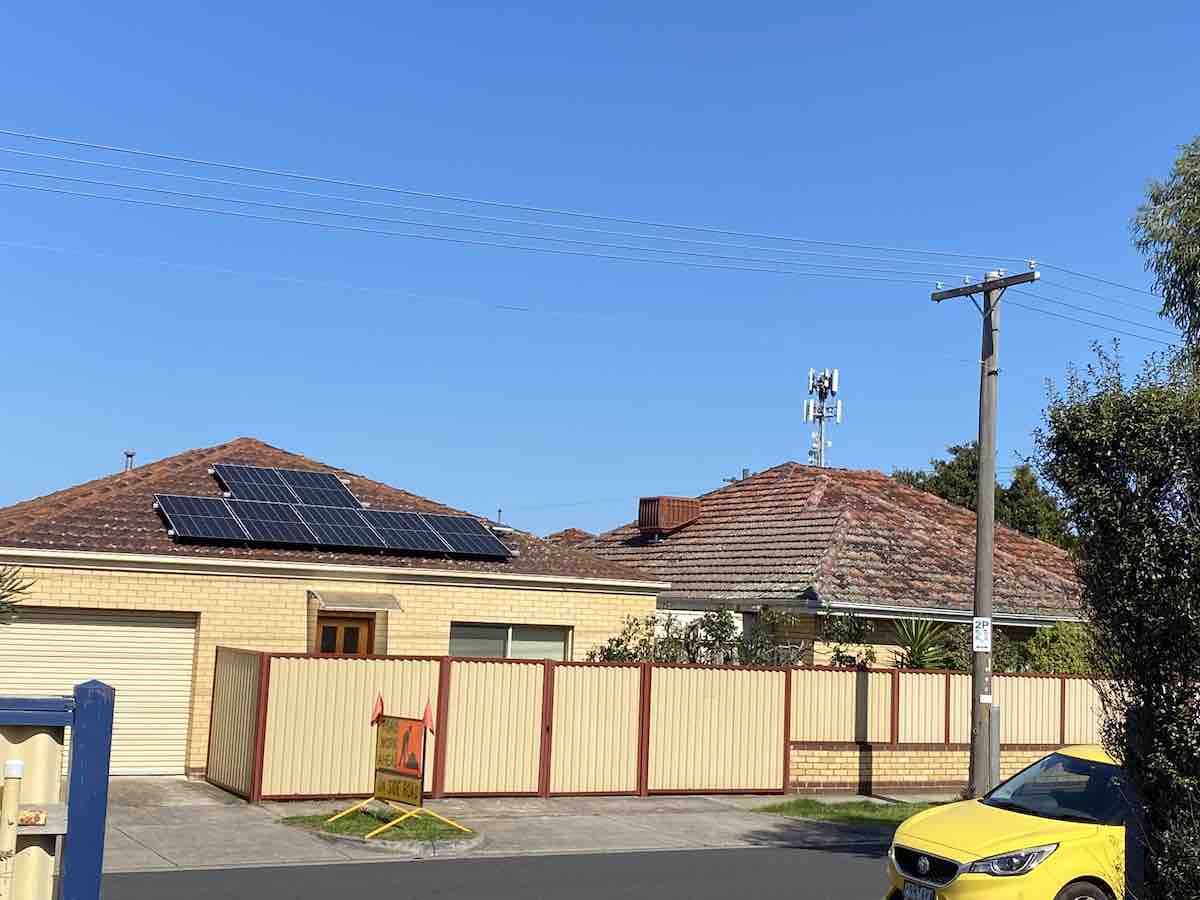
The latest national ranking of the green credentials of Australia’s electricity retailers has sent Powershop tumbling down the order, and replaced it in top spot with the duo of Enova Energy and Diamond Energy.
The Green Electricity Guide is put together by Greenpeace and Total Environment Centre as an independent ranking of electricity retailers’ environmental credentials, including emissions intensity, renewables investments and policies, and corporate transparency.
The 2022 version, published Tuesday, gives Enova and Diamond each a perfect 5 star score for their environmental standards, but demotes Powershop from to first to last spot in the nation’s top 10, following its acquisition late last year by oil giant, Shell.
Greenpeace Australia Pacific said this week that Diamond had kept its spot at the top – it was ranked equal first in 2018 with Powershop – for offering customers 100% renewable electricity, being a large investor in renewable energy, and offering active support for household solar.
The Byron Bay-based Enova, meanwhile, was shifted up from fourth spot in 2018 to equal first this year, boosted by its practice of giving half of its profits back to the community, and sourcing electricity from customer rooftop solar panels, as well as from Diamond.
“The rating recognises our focus on enabling energy resilience in local communities and regions, as well as our support for renewable energy generation aimed at accelerating the much-needed transition to renewable energy,” said Enova managing director, Felicity Stening.
At the other end of the scale, AGL Energy – which in 2018 was awarded “Most Improved” player for its increased investments in renewables and signs of moving away from coal – ranked “dead last” this year, with a score of just 1 star, thanks largely to its plan to keep on burning coal until 2048.
Greenpeace Australia Pacific senior campaigner Glenn Walker said the guide not only highlighted the climate shortcomings of many electricity providers, but gave consumers the tools they needed to switch retailers, if they wanted to green up their own electricity supply.
“Australians can play a crucial role in transforming the country’s electricity system by switching to a greener electricity provider, forcing dirty polluting coal out, and bringing more renewable energy in,” Walker said.
“By moving away from a provider that invests your money in fossil fuels to one that generates their own renewable electricity or buys energy from renewable generators you can vote with your wallet and send a signal to Australian energy companies that you want them to get serious about tackling climate change.”
While bigger players like AGL and Energy Australia have historically had quite high customer “churn” rates, where people leave seeking better – usually cheaper – deals, the most notable recent victim of this has been Powershop, which has lost an estimated 6,000 customers after its purchase by Shell. In this case, the reason for the churn has been environmental.
“Under Shell’s ownership, Powershop has become the very corporation many customers were actively trying to move away from,” said GetUp climate justice campaign director Kathryn McCallum at the time of the sale.
“Supporting a big climate polluter is not what our members signed up for. We’re putting Powershop on notice that we are no longer satisfied customers and we will be shopping around.”
Other electricity retailers – including Enova and Diamond – seized the opportunity of Shell’s purchase to pitch themselves to disgruntled Powershop customers in ad campaigns and on social media.
Overall, the overarching message that the Green Electricity Guide hopes to convey is that switching to a provider ranked in its top 10 list is one of the most effective ways climate-concerned Australians can take action on emissions.
“Doing so helps tackle the climate crisis by forcing dirty polluting coal out, and bringing more renewable energy in,” Greenpeace said on Tuesday.
“The Guide also helps cut through the increasingly common practice of greenwashing,” added Walker.
“Many companies continue using dirty coal, while spruiking the use of carbon offsets which often do more harm than good by delaying meaningful action on climate change.”
The easy to use guide offers slightly different rankings of retailers for each of the individual states, too. In Victoria, for example, Enova doesn’t operate, so Diamond occupies top spot on its own, followed by Momentum Energy, Indigo Power and Energy Locals.
Powershop, meanwhile, ranks higher than 10th spot for most of the states – it is ranked at number seven for Victoria and South Australia, number eight in Queensland, and number nine for NSW.

Sophie is editor of One Step Off The Grid and editor of its sister site, Renew Economy. Sophie has been writing about clean energy for more than a decade.



